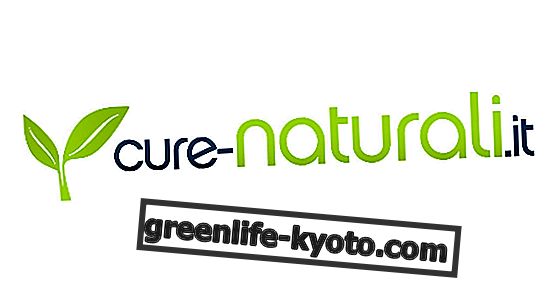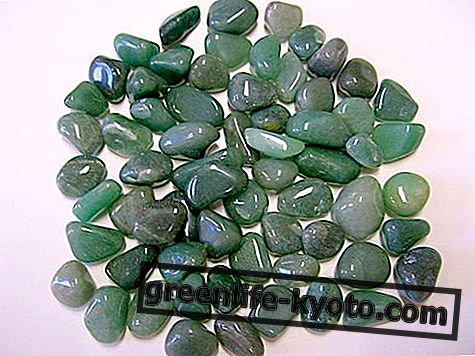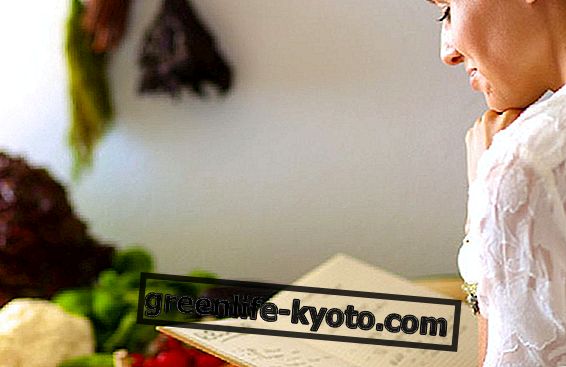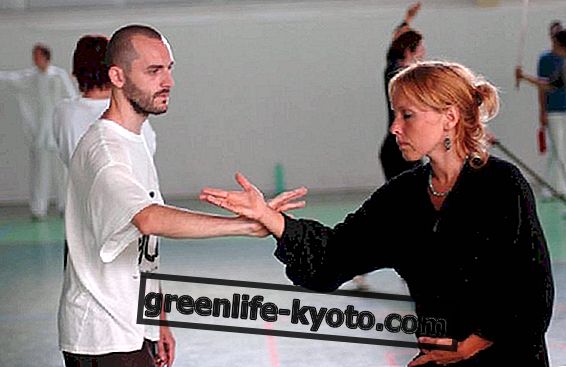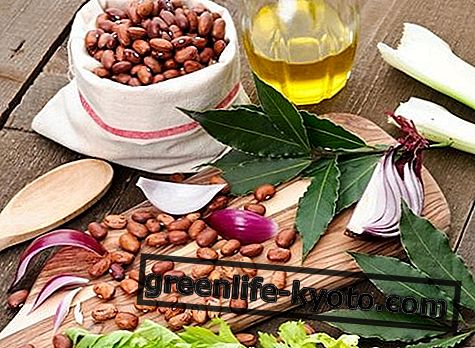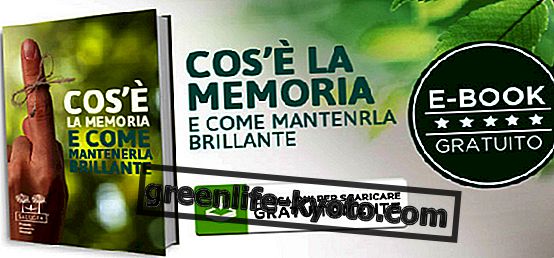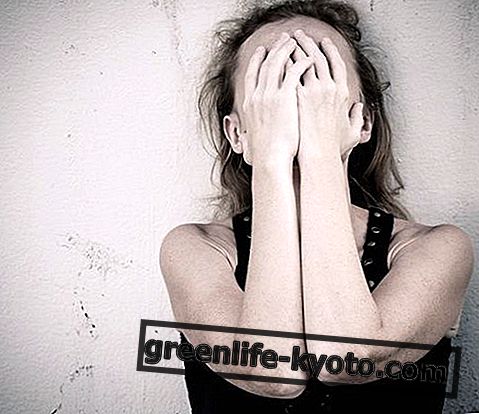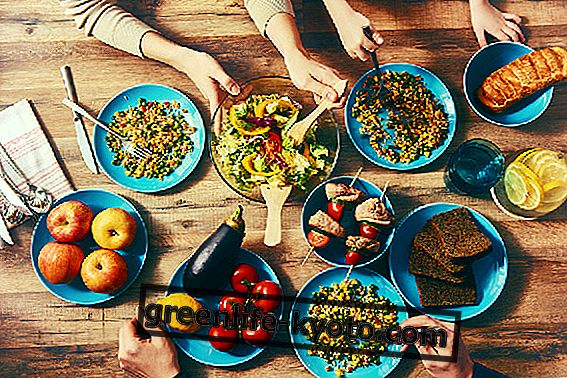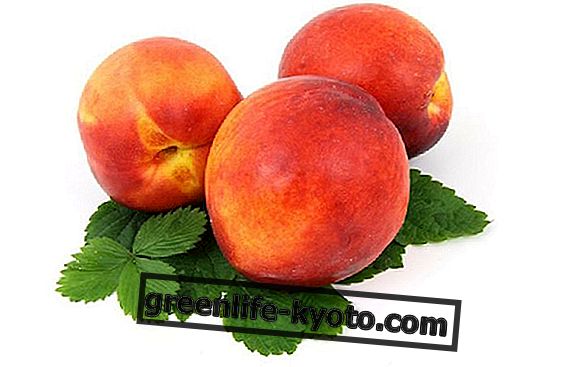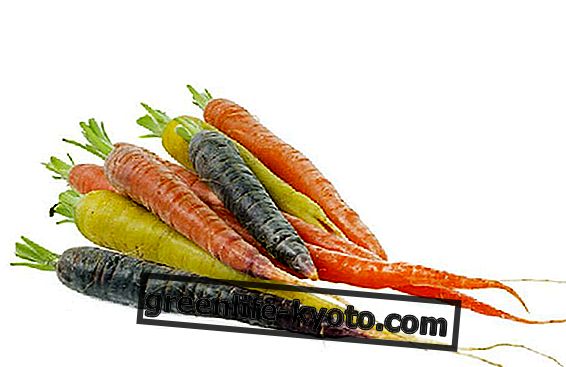
Menopause and its symptoms
Menopause is a time of passage for women, a physical and psychological change that is important to get prepared for. Anxiety, fatigue, sleepless nights, sudden flushing, caldane and increased sweating.
Vaginal dryness, osteoporosis, paresthesia of the upper extremities . Here is what symptoms this change can bring.
In the most serious cases depression can also be found, caused by hormonal instability, and strong mood swings, which in the long run can be deleterious. Traditional Chinese medicine is particularly close to this feminine change, let's see how.
How medicine sees the feminine pause
The ancient Chinese medicine deals with this passage in a different way from Western medicine, that is, seeing it from a fundamentally "energetic" point of view .
Oriental medicine sees the difficulties faced by a woman when she passes from the procreative order to the non-fertile phase of life that is menopause. These difficulties can give rise to an energy imbalance that is important to restore, or bring on a new axis of balance.
The elements that must be rebalanced are the psyche, the nervous system, the immune and the endocrine system. The basic systems are the digestive system, the locomotor system, the genitourinary system, the cardiovascular system and finally the respiratory system. The organs are the spleen, the kidneys, the heart and the liver. In short, the whole body comes into play!
The vital energy in traditional Chinese medicine
In Chinese medicine there is therefore a picture of symptoms that is called " Yin deficiency ", so there is a need to "nourish the Yin". Menopause is in fact a period in which the woman naturally becomes more Yang. Aging is the opposite of growth. Growth is Yin or expansive, while aging is Yang. How do you grow Yin? It can be done through different therapeutic techniques :
- Acupuncture and related methods (electrostimulation, magnetostimulation, laserstimulation, chemical stimulation, moxibustion, cupping).
- Chinese herbal medicine, dietetics, nutrition
- Massage and physiokinesis therapy
- Specific medical gymnastics
These techniques can be used together or individually, one by one, as appropriate. Carl H. Hempen's Chinese medicine may be the reference text for anyone wishing to learn more about the subject.

